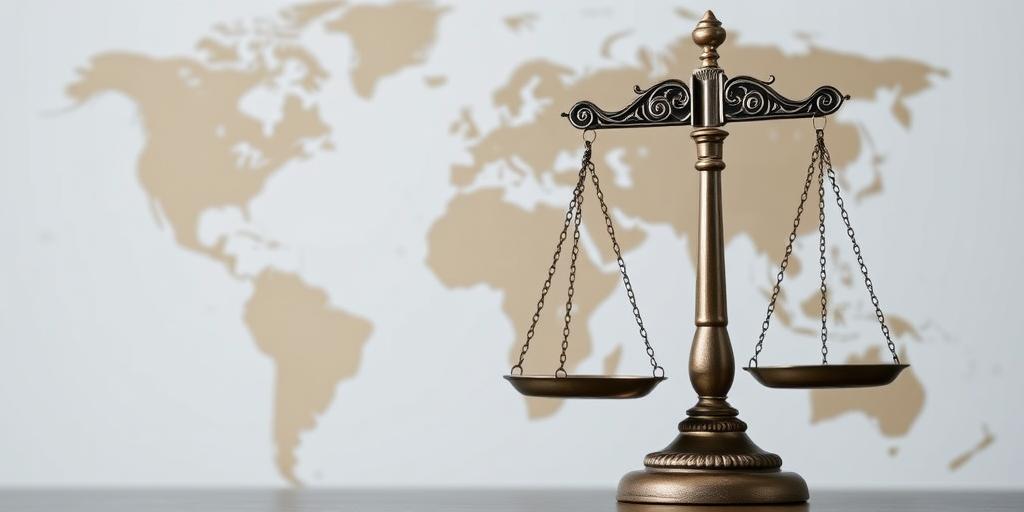The International Criminal Court (ICC) stands as a beacon of international justice, dedicated to prosecuting individuals for the most heinous crimes. Established by the Rome Statute, which came into force on July 1, 2002, the ICC is an independent judicial body based in The Hague, Netherlands. It is not part of the United Nations system, though it can work in cooperation with the UN, particularly the Security Council.
Core Principles and Jurisdiction
The ICC's jurisdiction is limited to cases of genocide, war crimes, crimes against humanity, and the crime of aggression. It acts on the principle of complementarity, intervening only when national courts are unwilling or unable to genuinely investigate and prosecute such crimes. This ensures that states retain the primary responsibility for administering justice.
How Cases Come Before the ICC
Cases can be referred to the ICC in several ways:
- State Party Referral: A state that is party to the Rome Statute can refer a situation occurring on its territory or involving its nationals to the ICC Prosecutor.
- Security Council Referral: The UN Security Council can refer a situation to the ICC, even if the state where the crimes occurred is not a party to the Rome Statute.
- Prosecutor's Initiative: The ICC Prosecutor can initiate an investigation based on information received from any source, subject to judicial authorization.
Structure and Functioning
The ICC comprises several organs:
- The Presidency: Responsible for the overall administration of the Court.
- The Divisions: Composed of judges, divided into Pre-Trial, Trial, and Appeals Divisions.
- The Office of the Prosecutor (OTP): Conducts investigations and prosecutions.
- The Registry: Provides administrative and logistical support to the Court.
Challenges and Controversies
Despite its critical role, the ICC faces numerous challenges. These include:
- Limited Jurisdiction: The ICC can only act where states are unable or unwilling to act themselves, or when a case is referred by the UN Security Council.
- Non-Party States: Several major countries, including the United States, Russia, and China, are not parties to the Rome Statute, which limits the Court's reach and influence.
- Political Interference: The ICC's investigations and prosecutions have sometimes been criticized as being politically motivated or biased.
Notable Cases
Since its inception, the ICC has handled several high-profile cases. These include situations in Uganda, the Democratic Republic of Congo, Sudan (Darfur), Kenya, Libya, Côte d'Ivoire, Mali, and Georgia. These cases involve allegations of war crimes, crimes against humanity, and genocide.
Impact and Significance
The ICC plays a vital role in the international legal system by holding individuals accountable for the most serious crimes. It contributes to the fight against impunity, promotes the rule of law, and provides justice to victims of mass atrocities. The Court's work is essential for preventing future crimes and fostering a more just and peaceful world.









